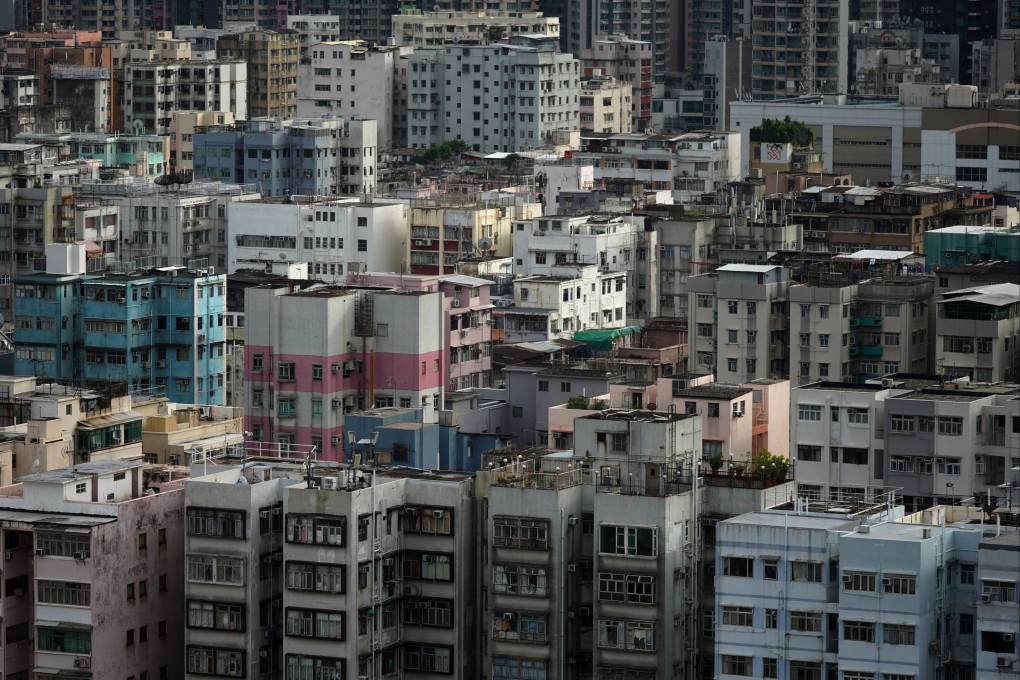Opinion | Hong Kong’s housing crisis discussion must home in on the struggles of ethnic minority residents
- Members of Hong Kong’s ethnic minority communities face greater challenges in finding housing than other residents as discrimination leaves them with the worst habitat choices
- According to the last census, about 10 per cent of non-Chinese Hongkongers were living in subdivided units when they make up less than 4 per cent of the population

Attitudinal barriers towards some communities, particularly racial minorities and mainland Chinese, add to the more visible socio-economic barriers to finding housing. And yet, these difficulties rarely find mention in the discussion of housing issues.
Many from the ethnic minority communities end up with lower-quality housing because of the fewer choices available to them and the limited bargaining power they have.
Yes, there are provisions in place that make it unlawful for landlords and property agents to discriminate on the grounds of race. The Race Discrimination Ordinance protects people from discrimination in the area of tenancy. However, most ethnic minority community members do not consider coming forward to lodge a complaint with the Equal Opportunities Commission despite feedback from the community about discriminatory acts in this area.

